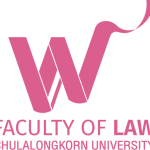The Faculty of Law, Chulalongkorn University has continuously evolved through the years since its conception in 1933. The Faculty was the initiative of King Prajadhipok, who recognised that the Law School of the Ministry of Justice had been highly successful in providing higher education, and wished to establish a law school as a university faculty. Accordingly, on 25th April 1933, the “Faculty of Law and Politics” of Chulalongkorn University became the country’s first law faculty.
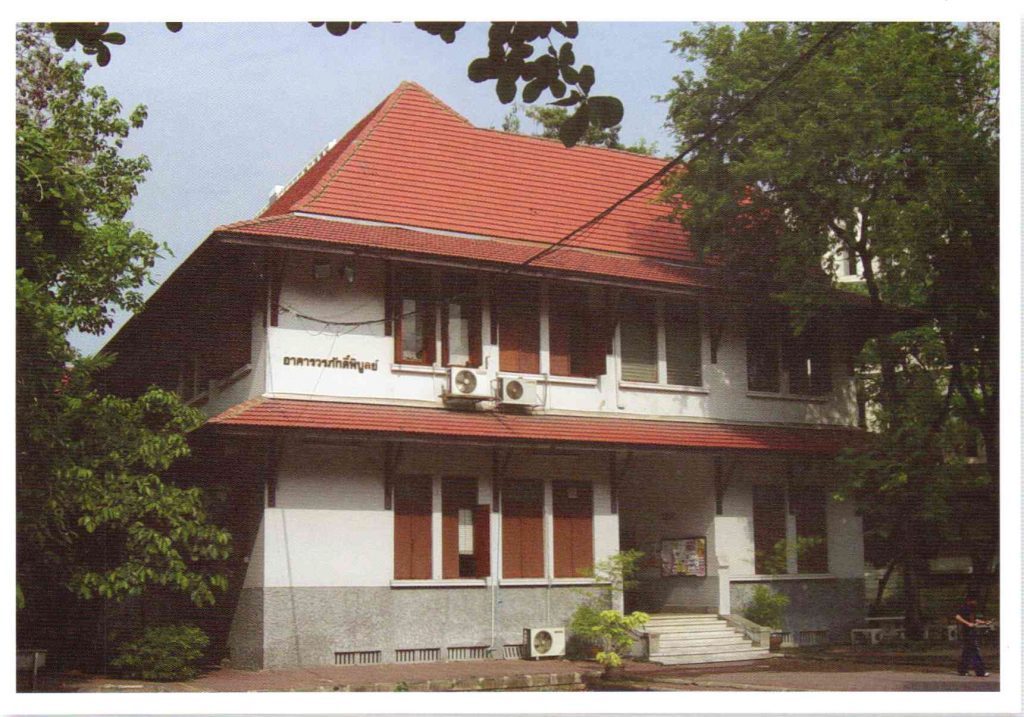
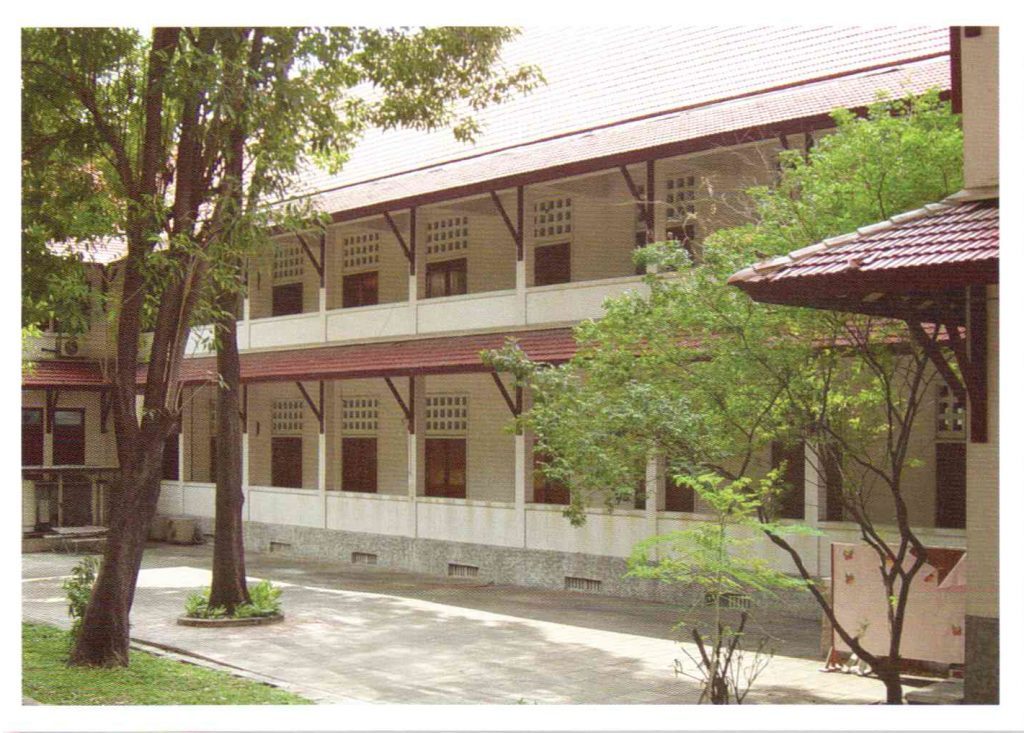
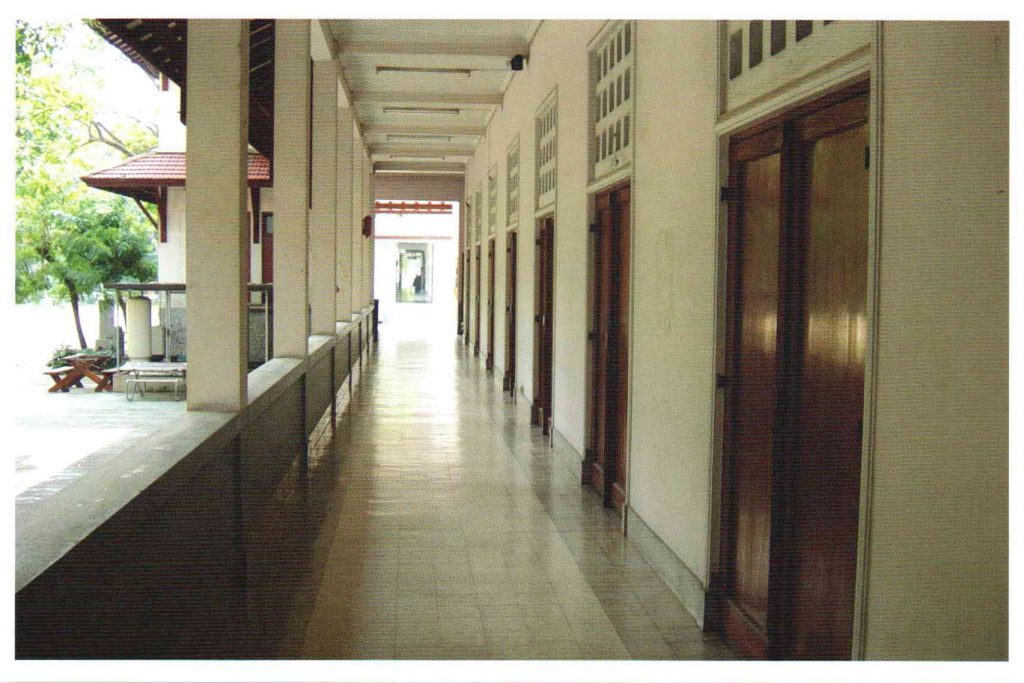
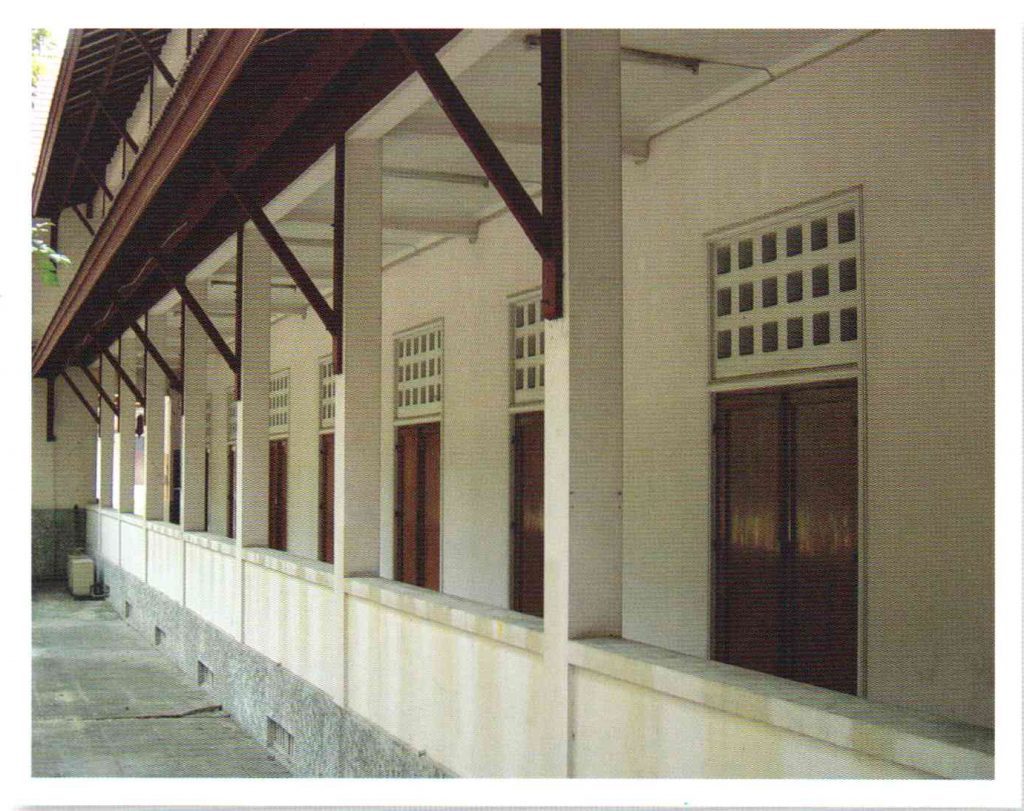
On 20th March 1933, the Act establishing the University of Moral and Political Sciences of 1933 was promulgated. By virtue of section 5 of the Act, the Faculty of Law and Politics of Chulalongkorn University was to be transferred to the Faculty of Law of the newly established university. Consequently, the Faculty of Law and Politics of Chulalongkorn University was dissolved.
In 1951, the new Department of Law was established in the Faculty of Political Science of Chulalongkorn University, by virtue of the Royal Decree on the Arrangement of Departments in Various Faculty of Chulalongkorn University of 1951. The Royal Decree came into force on 11 April 1951. From then on, the subject of law was taught at Chulalongkorn University once again.
The year 1958 marked an important step in the development of the Department of Law, when it underwent a curriculum change that paved way for direct student admission. The Department also gained a complete control over its courses and teaching arrangement, separate from the Department of Politics.
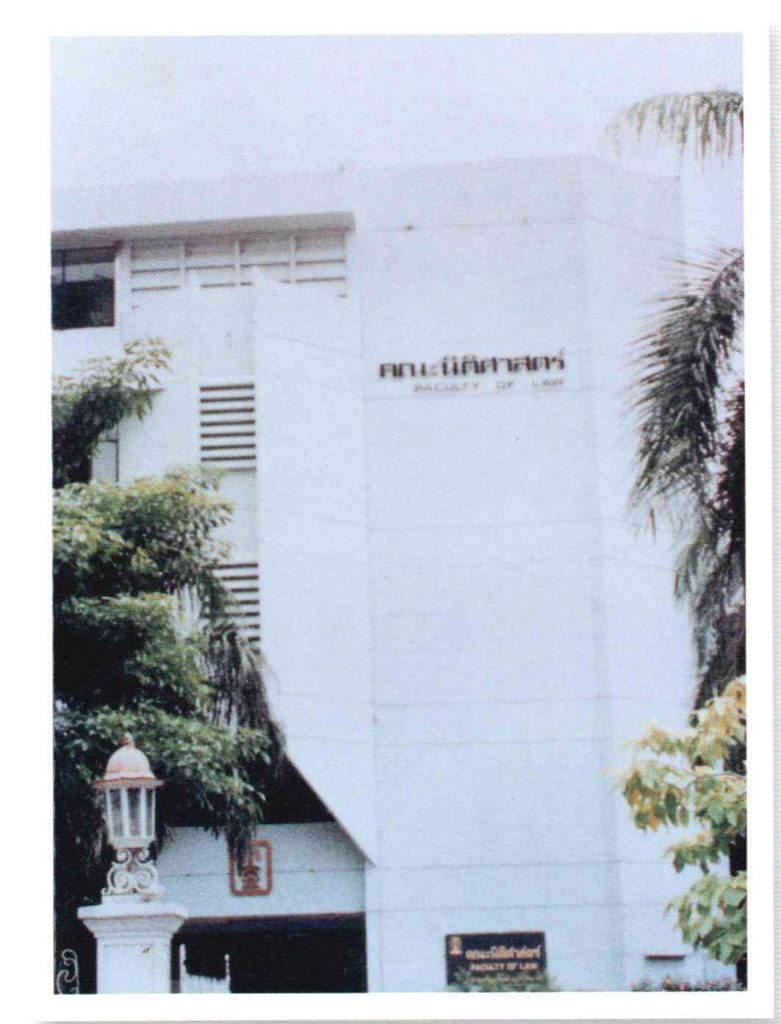
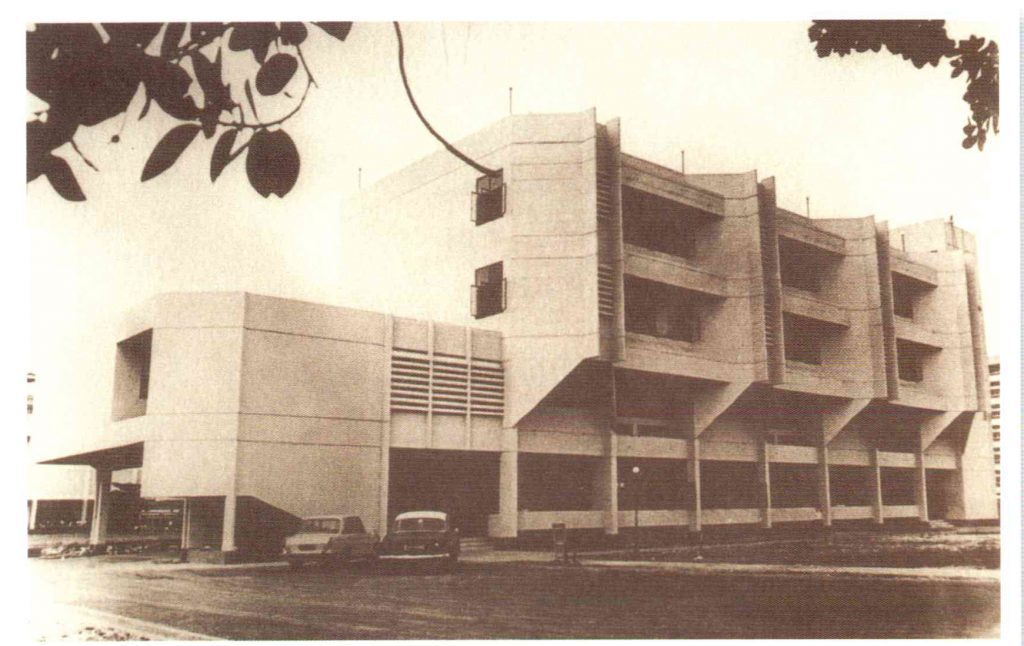
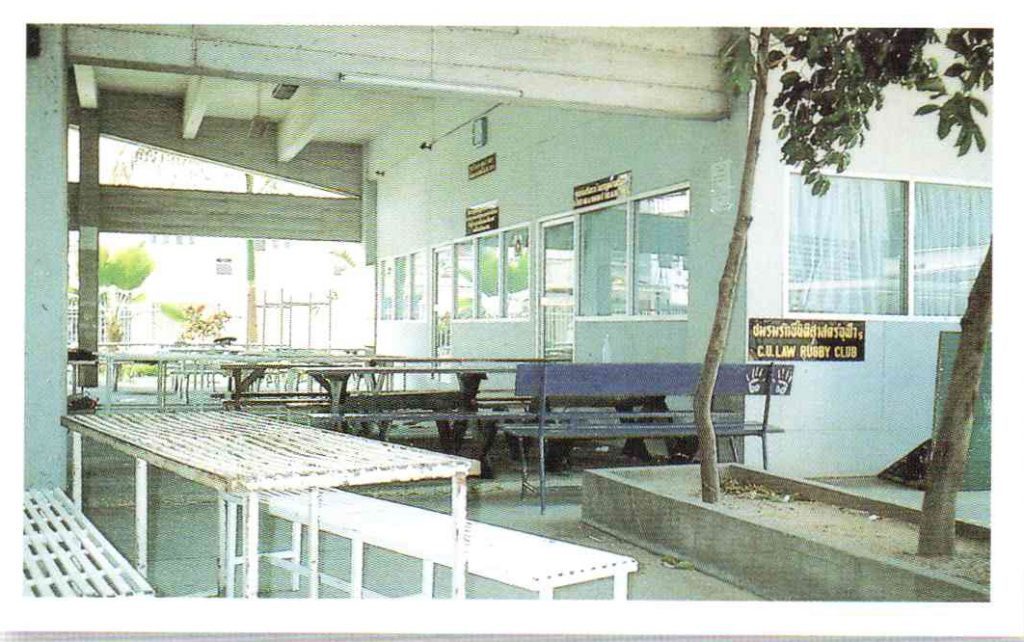

Legal education at Chulalongkorn University progressed steadily. Increasing demand for the subject led to an expansion into an associated course in 1965. From 1969 onwards, a Master’s Degree in Law was also offered. These steps in the expansion of higher legal education led to the university’s decision to promote the Department of Law to the level of a faculty in order to ensure greater efficacy in its administration and operation.
Another important reason for this promotion was the universal recognition of the importance of law as a subject, with a faculty of law being an important faculty in most prestigious universities. The Faculty of Law, Chulalongkorn University was thus officially re-established on 15th June 1972 by virtue of the Notification of the Revolutionary Council Number 164, and the formal status of the Faculty came into effect on 18th June 1972, one day after the Notification was promulgated in the Government Gazette. Later, in 1995, the Royal Decree establishing the Faculty of Medicine, the Faculty of Law, and the Faculty of Pharmacy of Chulalongkorn University of 1995 was promulgated in order to replace the Notification of the Revolutionary Council, in accordance with the standard legislative procedure under the Constitution of Thailand.

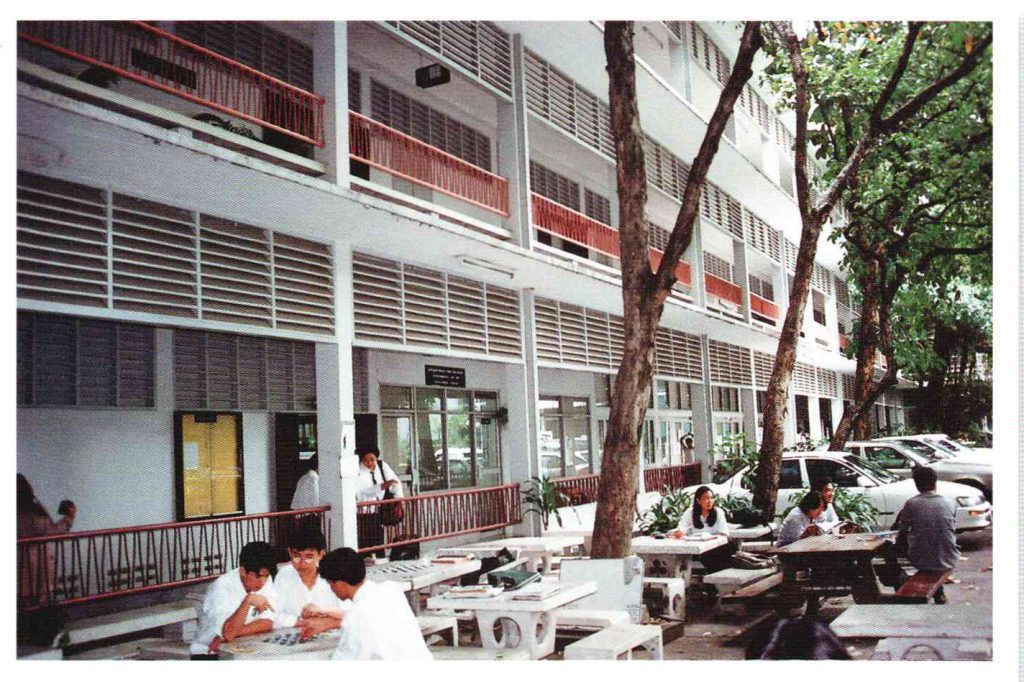
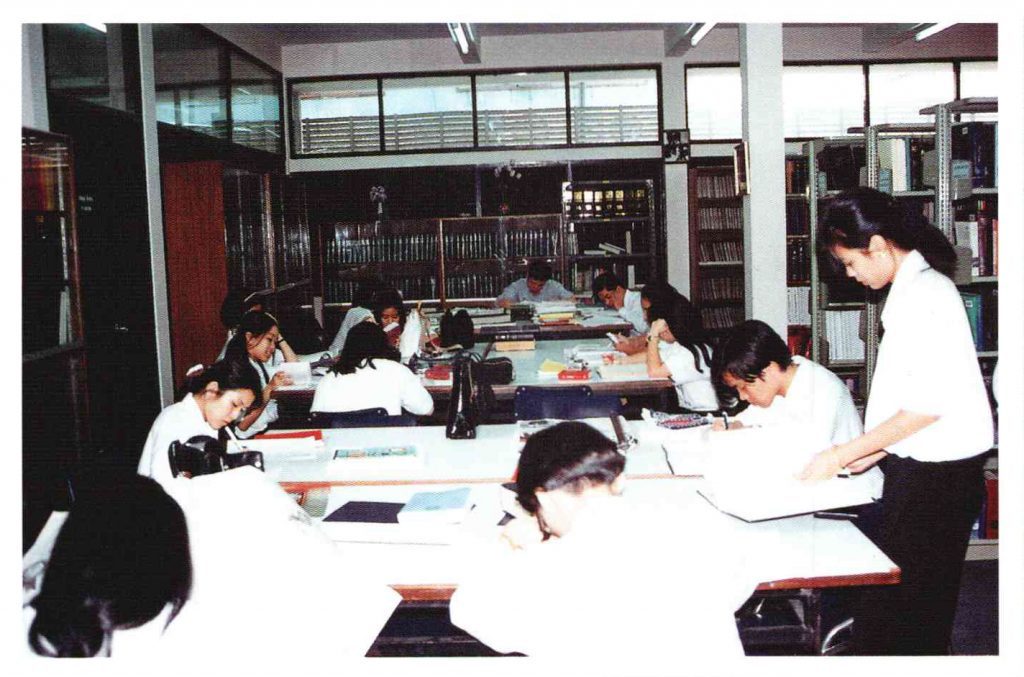
The Faculty of Law, Chulalongkorn University was thus legally established once again in accordance with section 4 of the Royal Decree and the Chulalongkorn University Act of 1979. The date 18th of June is recognised as the memorial day for the Faculty’s establishment. It is therefore considered that Law as a subject has been taught at Chulalongkorn University for over 50 years.
Initially, the Faculty of Law, Chulalongkorn University had 5 departments as follows: (1) Department of Civil and Commercial Law; (2) Department of Criminal Law and Criminology; (3) Department of Procedural Law and Law of the Organisation of the Courts; (4) Department of Administrative Law and General Law; and (5) Department of International Law. These departments have been dissolved, and currently the Faculty only has one department, the Department of Law. This arrangement demonstrates the Faculty’s multidisciplinary approach to academic administration, with a recognition that the subject of Law may not be divided into separate branches since each area of law requires legal knowledge from the others.

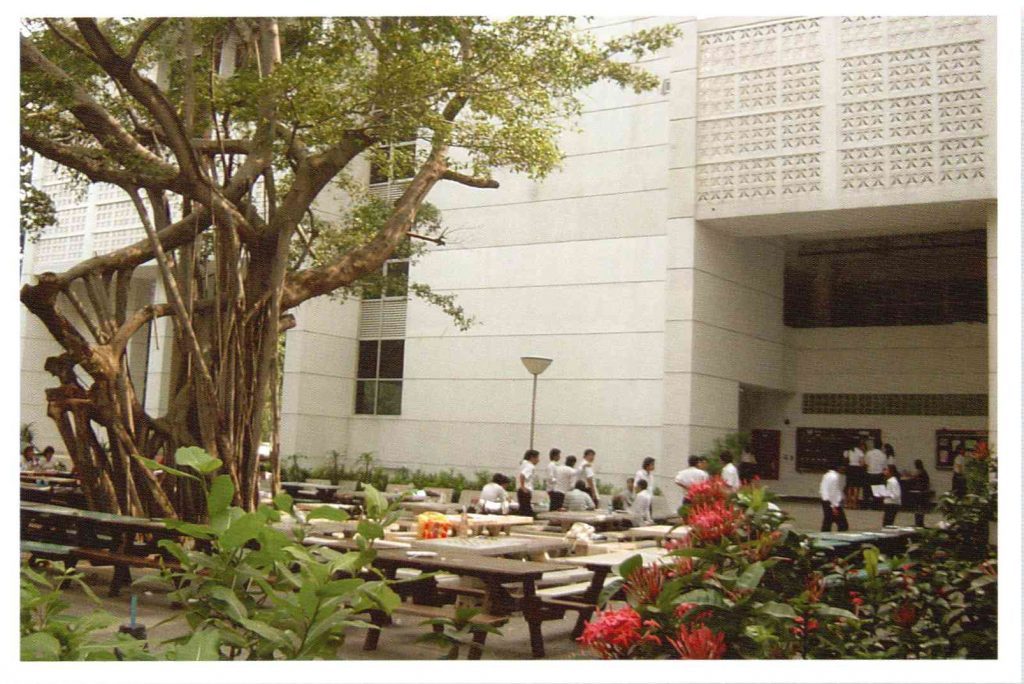
Graduates of the Faculty of Law, Chulalongkorn University have pursued a wide variety of careers in law, including judges, public prosecutors, lawyers, law professors, legal advisors, legal officers, officials of various government ministries and departments, as well as other careers in the private sector and in politics. They have proved themselves to be outstanding in their field, at national and international levels.


